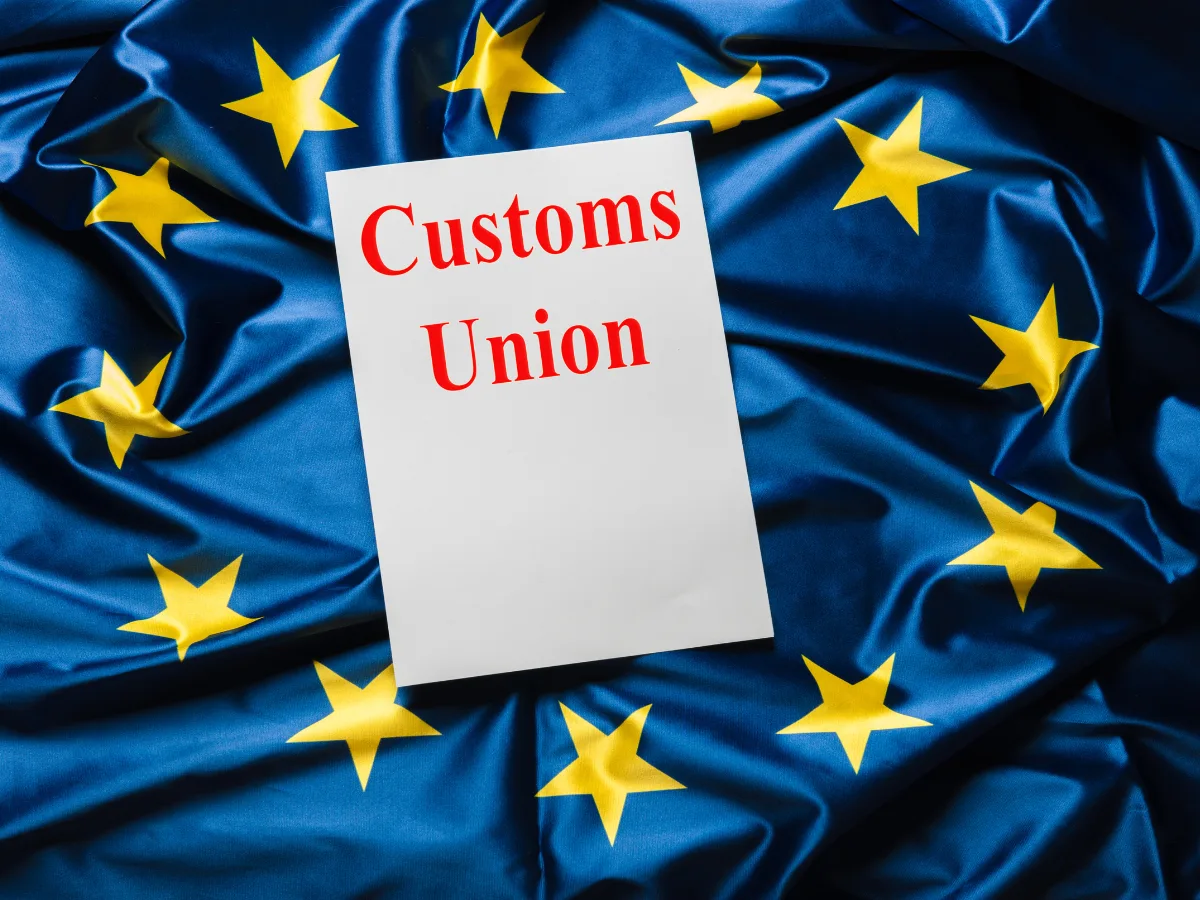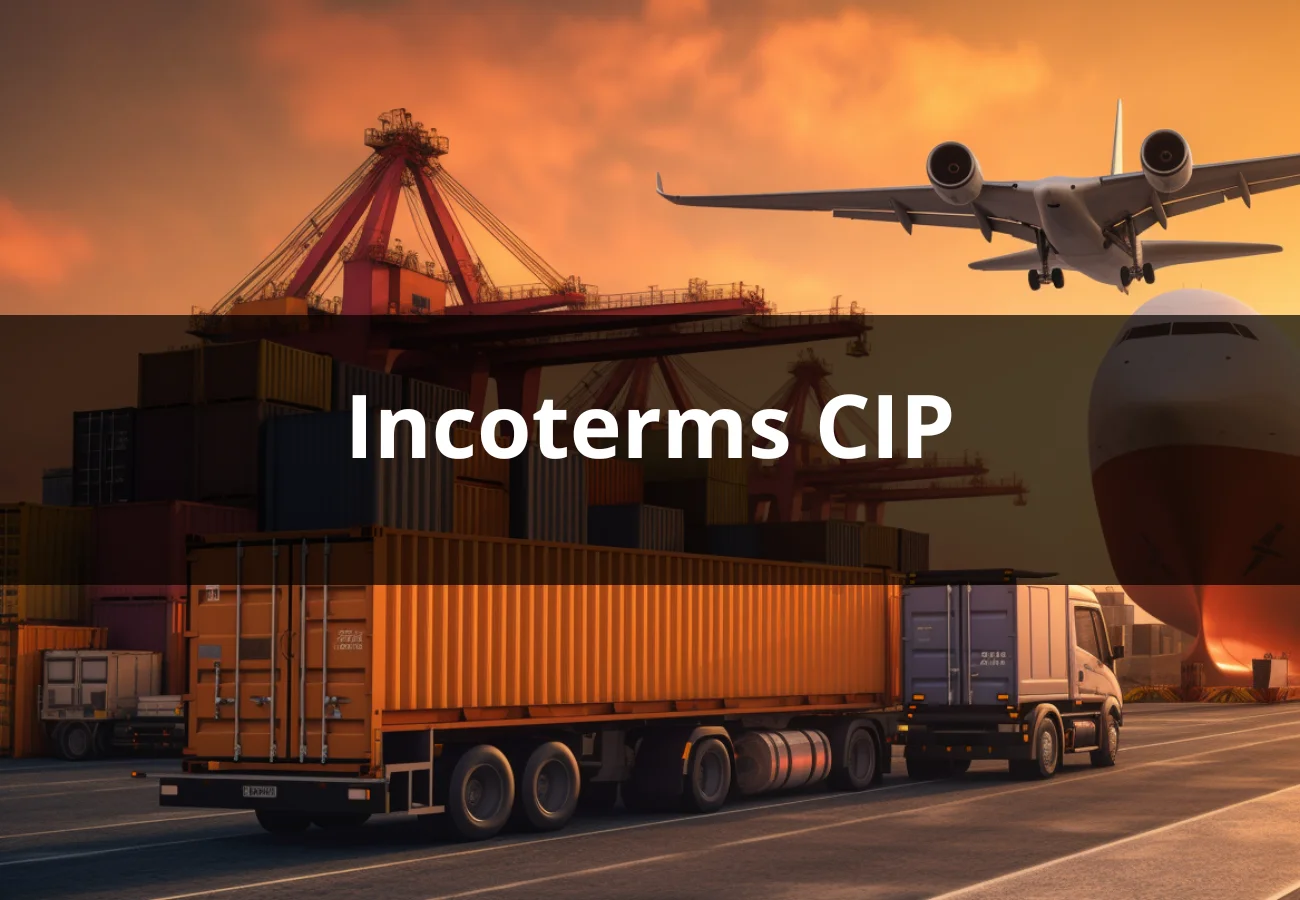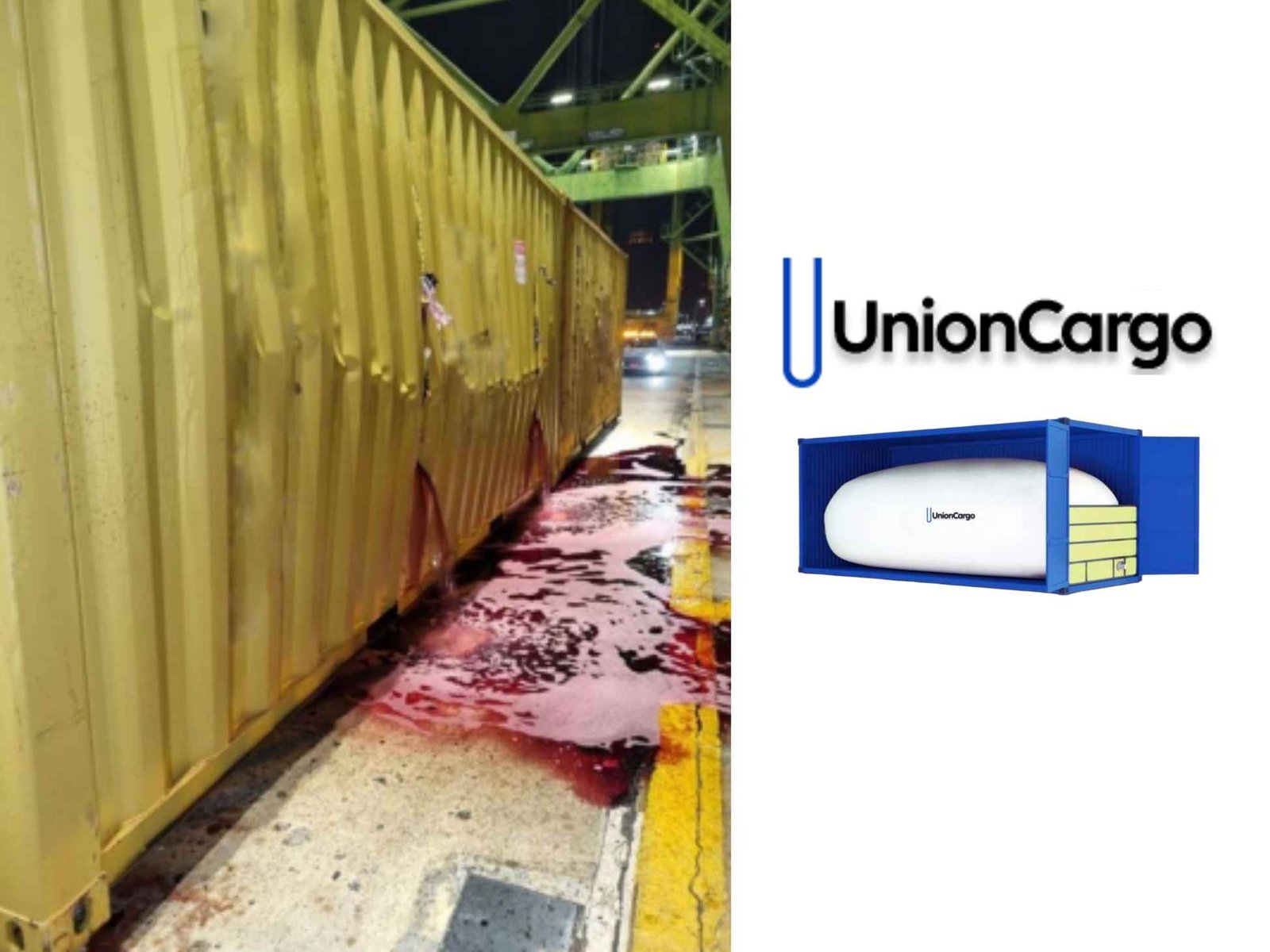When ordering clearance at a customs agency, we will receive a request from the customs agency to complete a direct or indirect representation authorisation document. Signing the documents from the agency is necessary for the agency to legally declare the goods for clearance on our behalf.
Which type of representation to choose?
- intermediate authorisation - we will sign this authorisation with the customs agency when we would like to use the simplified clearance 33a.
- Direct authorisation - for standard customs clearance, it is sufficient to sign a direct authorisation.
What are the differences between indirect and direct representation?
The customs agency acts as our representative providing the service of declaring goods for customs clearance.
There are two types of powers of attorney
- Direct representation - the customs agency acts in the name of and on behalf of the company (importer/exporter), but full responsibility for the correctness of the customs clearance rests with the trader, who is the party declaring the goods.
- Indirect representation - The customs agency acts both in the name of and on behalf of the company, but also shares responsibility for any irregularities arising during customs clearance.
Stamp duty PLN 17
Each authorisation granted to a customs agency is subject to registration at the relevant municipal office and involves a fee of PLN 17. When signing documents with a customs agency, you will receive information with the name of the office and the account number to which the fee is to be sent. Sometimes the agencies themselves send the fees to the office and re-invoice the amount to the customer. After positive registration of the authorisation, the customs agency will be able to represent our company before the authorities of the National Revenue Administration.
What should be kept in mind before signing the mandate?
- In order to sign the authorisation, the entrepreneur must have the number of the EORI.
- Payment of stamp duty 17 zł to the competent authority
What are the tasks of a customs agency?
Customs agencies play a key role in the process of international trade, ensuring that customs procedures are carried out efficiently and legally. Their main tasks include preparing and submitting customs declarations on behalf of traders, which requires a thorough knowledge of customs regulations and documentation relating to the transport of goods. These agencies are also responsible for the calculation and payment of customs duties, such as customs, VAT or excise duties, and monitor the correct tariff classification of goods. In addition, they advise their clients on the optimisation of customs processes, compliance with regulations and assist in the preparation of documents necessary to obtain permits, certificates and other documents required for international trade. Thanks to these services, traders can avoid errors in customs procedures, which contributes to a smoother and faster movement of goods across borders.
The following is a list of activities that a customs agency can perform:
Article 256.
§ 1.
The customs agency may perform before the customs authorities all acts provided for in the customs legislation, in particular:
- examine the goods and take samples before making a customs declaration,
- prepare the necessary documents and make a customs declaration,
- pay import or export duties and other charges,
- take up the goods after their release,
- provide security for the amount of the customs debt,
- lodge appeals and other applications subject to examination by the customs authorities.






